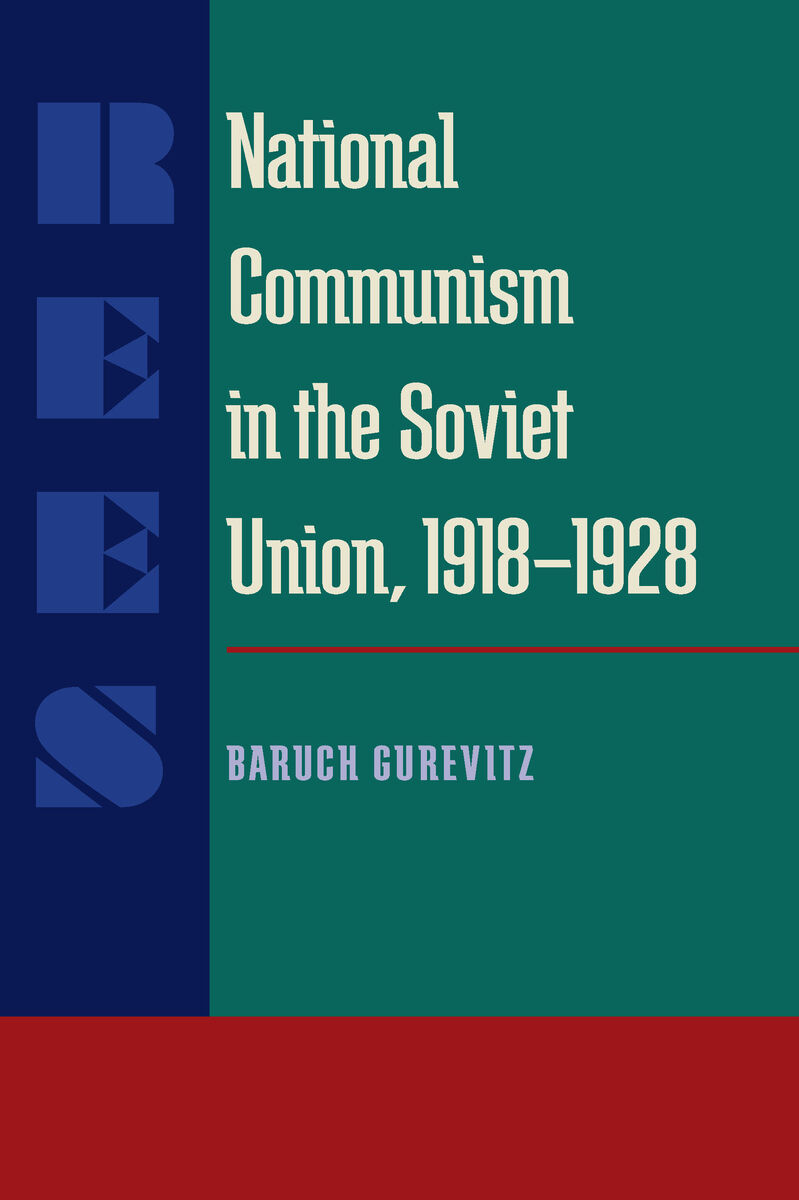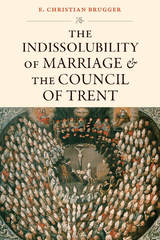National Communism in the Soviet Union, 1918-28
University of Pittsburgh Press, 1980
Paper: 978-0-8229-8599-0 | eISBN: 978-0-8229-7736-0 | Cloth: 978-0-8229-4204-7
See other books on: History | Russia | Soviet Union
See other titles from University of Pittsburgh Press
Paper: 978-0-8229-8599-0 | eISBN: 978-0-8229-7736-0 | Cloth: 978-0-8229-4204-7
ABOUT THIS BOOK | AUTHOR BIOGRAPHY | REVIEWS | TOC | REQUEST ACCESSIBLE FILE
ABOUT THIS BOOK
The Jewish Communist Workers' Party, the Poale Zion, provides a unique perspective on the question of how Marxism and the early Soviet Union dealt with issues of nationalism. According to Bolshevik ideology, when anti-Semitism disappeared in the new Socialist society, Jews would assimilate. In reality, such assimilation would be a very long, slow process. The Poale Zion supported the socialist struggle against oppression and exploitation of classes and nations, but it called for the formation of an international organization that would recognize the right of Jews to emigrate freely to Palestine and work for the creation of a democratic republic where people could retain their national identities and have both autonomy and representation in the union. Gurevitz analyzes the Soviet Poale Zion as representative of Jewish communism as nationalism in its purest form, and he traces the complex contradictions between Jewish nationalism and the Communist ideal of assimilation in the early years of the Soviet Union.
See other books on: History | Russia | Soviet Union
See other titles from University of Pittsburgh Press












